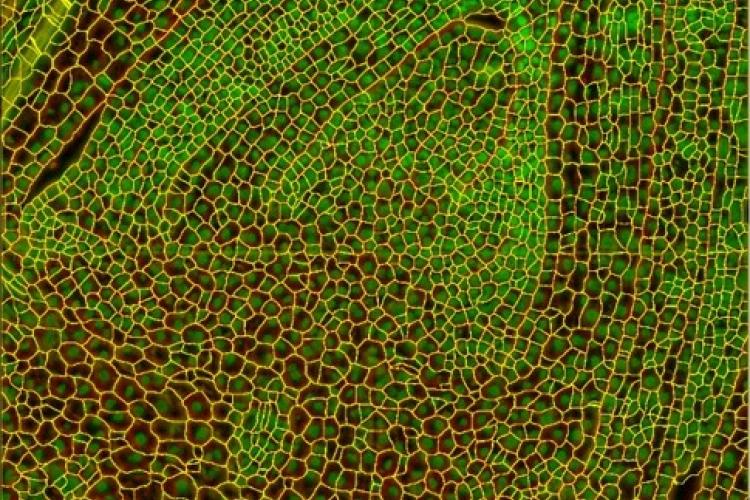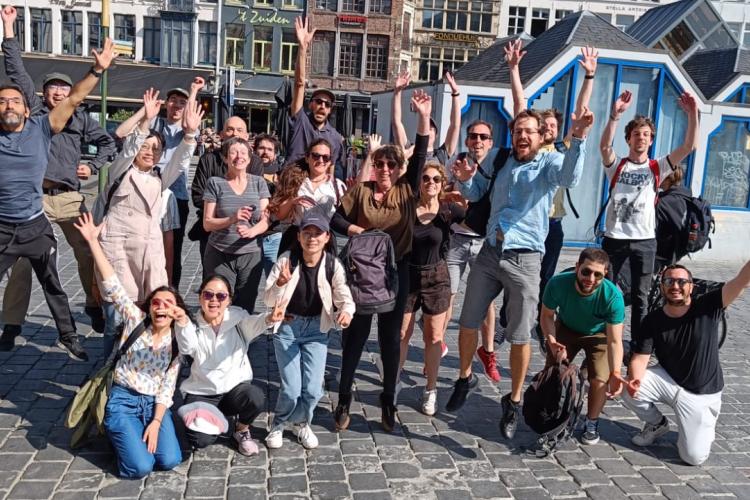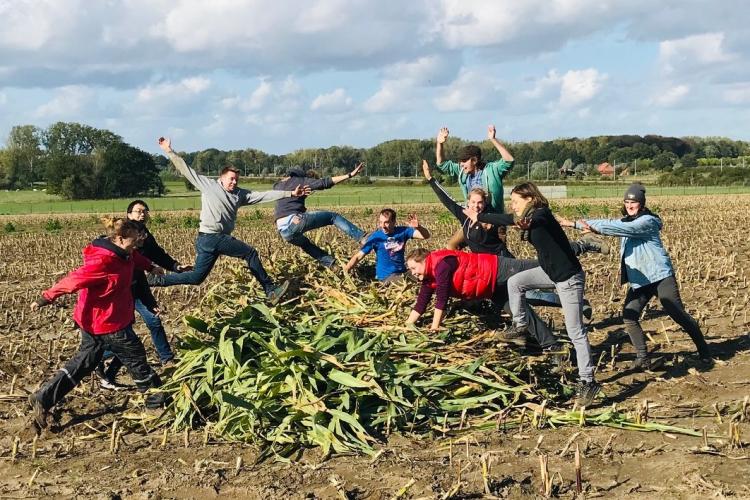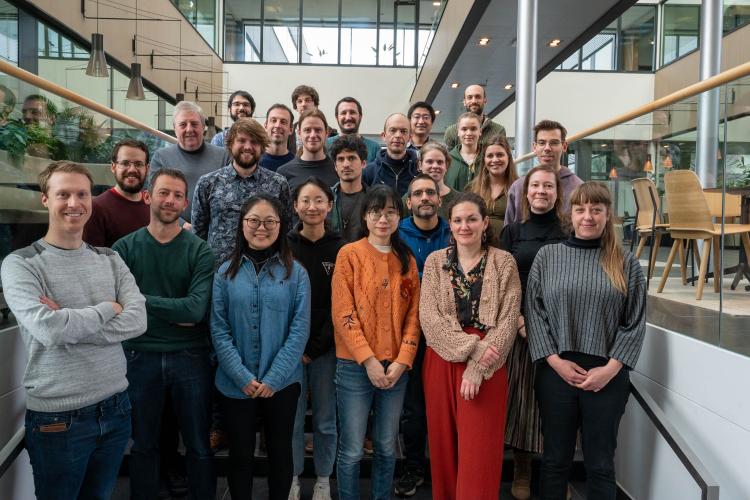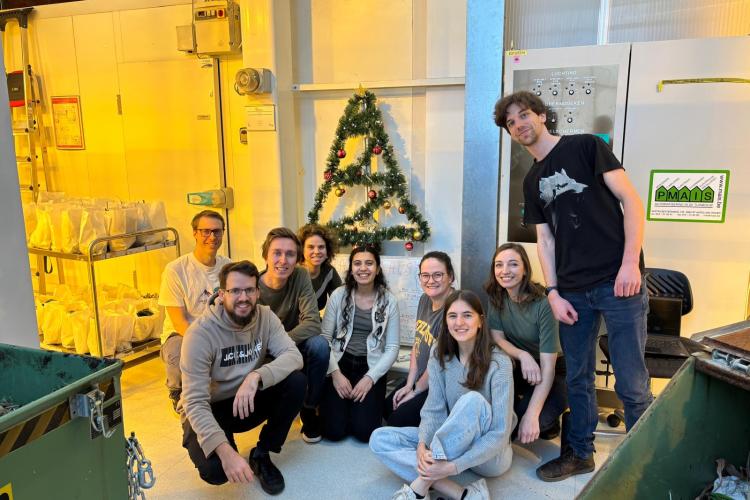VIB launches new Agtech spin-off Rainbow Crops to develop climate-resilient crop varieties
VIB proudly announces the launch of its latest spin-off, Rainbow Crops, a next-generation Agtech company focused on engineering complex, high-value agronomic traits that have long been difficult to address. Through an AI-powered technology platform that combines multiplex genome editing and precision breeding, Rainbow Crops develops crop varieties that are both climate resilient and optimized for yield and other key traits. The company is backed by a strong syndicate of early-stage investors, including Agri Investment Fund (AIF), PINC (the venture capital arm of Paulig Group), Qbic and VIB.
